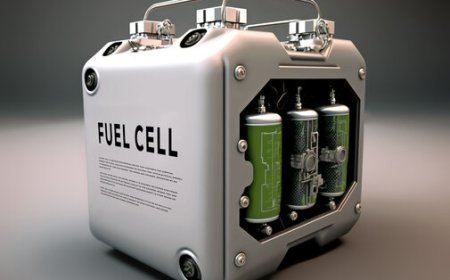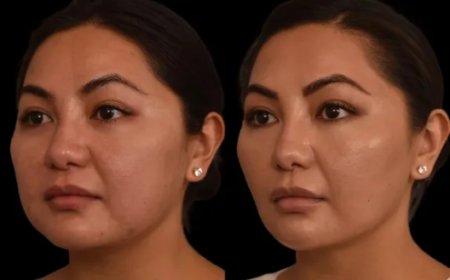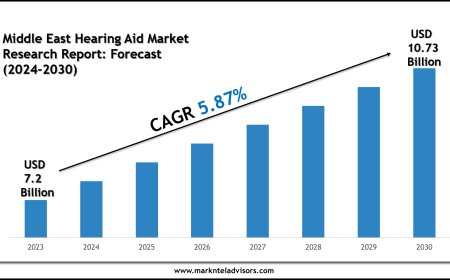When Should You Seek Emergency Dental Care for a Broken Tooth?
Prompt attention not only alleviates pain but also helps save the tooth and prevents more serious health problems. If you experience any symptoms of a broken tooth or dental trauma, do not hesitate—contact an emergency dentist immediately. Your smile and health are worth the quick response.

A broken tooth can be a distressing and painful experience. Whether caused by an accident, biting down on something hard, or an underlying dental issue, a fractured tooth demands prompt attention. Understanding when to seek emergency dental care is crucial for protecting your oral health and preventing further complications. This article explores the signs that indicate immediate dental intervention is necessary and provides guidance on how to respond effectively.
What Constitutes a Broken Tooth?
A broken tooth can range from a minor chip to a severe fracture that exposes the tooths inner layers. The severity determines the urgency of treatment. Common types of broken teeth include:
- Chipped Tooth: Small fragments of the tooth enamel break off, often causing minimal pain.
- Cracked Tooth: A crack extends from the surface towards the root, sometimes causing discomfort.
- Fractured Cusp: A piece of the chewing surface breaks off but the pulp remains intact.
- Split Tooth: The tooth splits into two distinct segments.
- Vertical Root Fracture: A crack starts at the root and moves upward; it is often less visible but painful.
When to Seek Emergency Dental Care
Not every broken tooth requires an immediate visit to the emergency dentist. However, certain symptoms signal that emergency dental care is essential to avoid further damage or infection. Here are the key scenarios when you should seek urgent dental help:
1. Severe Pain
If your broken tooth causes intense, persistent pain that doesnt subside with over-the-counter painkillers, it may indicate nerve damage or pulp exposure. Emergency dental care is necessary to relieve pain and save the tooth if possible.
2. Bleeding That Doesnt Stop
A broken tooth accompanied by continuous bleeding from the gum or tooth site requires prompt medical attention. Persistent bleeding can lead to significant blood loss and an increased risk of infection.
3. Tooth Fracture Exposing the Pulp
If the broken tooth reveals the pulpthe soft tissue inside the tooth containing nerves and blood vesselsthis is a serious condition. Exposure can lead to infection and severe pain, necessitating urgent care.
4. Swelling Around the Tooth or Jaw
Swelling in the gums, face, or jaw near the broken tooth is a sign of infection or abscess. This requires immediate intervention to prevent the infection from spreading.
5. Loose or Displaced Tooth Fragments
If parts of your tooth are loose or have been displaced due to trauma, emergency dental care can stabilise the tooth and restore function.
6. Difficulty Chewing or Speaking
A broken tooth that impairs your ability to chew or speak properly indicates structural damage needing urgent repair.
7. Broken Tooth from Trauma
If your tooth breaks due to a fall, sports injury, or accident, its essential to see an emergency dentist as soon as possible. Trauma can cause hidden damage beyond the visible break.
How to Find Emergency Dental Care
In moments of dental crisis, time is of the essence. Searching for emergency dentist near me open now can help locate clinics that offer immediate dental services outside regular hours. Many dental practices across Australia provide emergency care to handle broken teeth and other urgent oral problems.
When contacting an emergency dentist, be ready to describe your symptoms clearly and follow their advice for initial at-home care while arranging a visit.
Immediate First Aid for a Broken Tooth
While waiting for emergency dental care, taking some immediate steps can help minimise pain and prevent further damage:
- Rinse Your Mouth: Use warm water to clean the area gently.
- Stop Bleeding: Apply gentle pressure with a clean cloth or gauze.
- Apply a Cold Compress: Use a cold pack on the cheek to reduce swelling and pain.
- Avoid Eating on the Affected Side: Chewing on the broken tooth can worsen the damage.
- Use Dental Wax: Cover sharp edges with dental wax or sugarless gum to protect your tongue and cheek.
- Take Over-the-Counter Painkillers: Paracetamol or ibuprofen can help manage discomfort until you see a dentist.
Potential Treatments for a Broken Tooth
The treatment depends on the severity and type of break. Common emergency dental treatments include:
- Dental Bonding: For minor chips, a tooth-coloured resin can be applied to restore appearance and function.
- Dental Crown: For larger breaks, a crown can cover and protect the remaining tooth structure.
- Root Canal Therapy: If the pulp is damaged or infected, root canal treatment removes the affected tissue and seals the tooth.
- Tooth Extraction: In severe cases where the tooth cannot be saved, extraction may be necessary, followed by options like implants or bridges.
- Temporary Fillings or Sealants: Used to protect the tooth until a more permanent solution is possible.
Importance of Seeking Prompt Emergency Dental Care
Ignoring a broken tooth or delaying treatment can result in serious complications. Infection can spread to surrounding tissues, leading to abscesses or systemic health issues. The tooth may also deteriorate beyond repair, increasing the risk of tooth loss.
By seeking emergency dental care quickly, you can:
- Relieve pain and discomfort effectively.
- Prevent infection and other complications.
- Preserve your natural tooth whenever possible.
- Restore the tooths function and appearance promptly.
In summary, a broken tooth is a dental emergency that requires timely and appropriate care. Recognising the signs that necessitate emergency dental care, such as severe pain, bleeding, swelling, or pulp exposure, is crucial to safeguarding your oral health. In Australia, if you find yourself needing immediate assistance, searching for an emergency dentist near me open now can connect you with professionals ready to provide urgent treatment. Prompt attention not only alleviates pain but also helps save the tooth and prevents more serious health problems. If you experience any symptoms of a broken tooth or dental trauma, do not hesitatecontact an emergency dentist immediately. Your smile and health are worth the quick response.
































